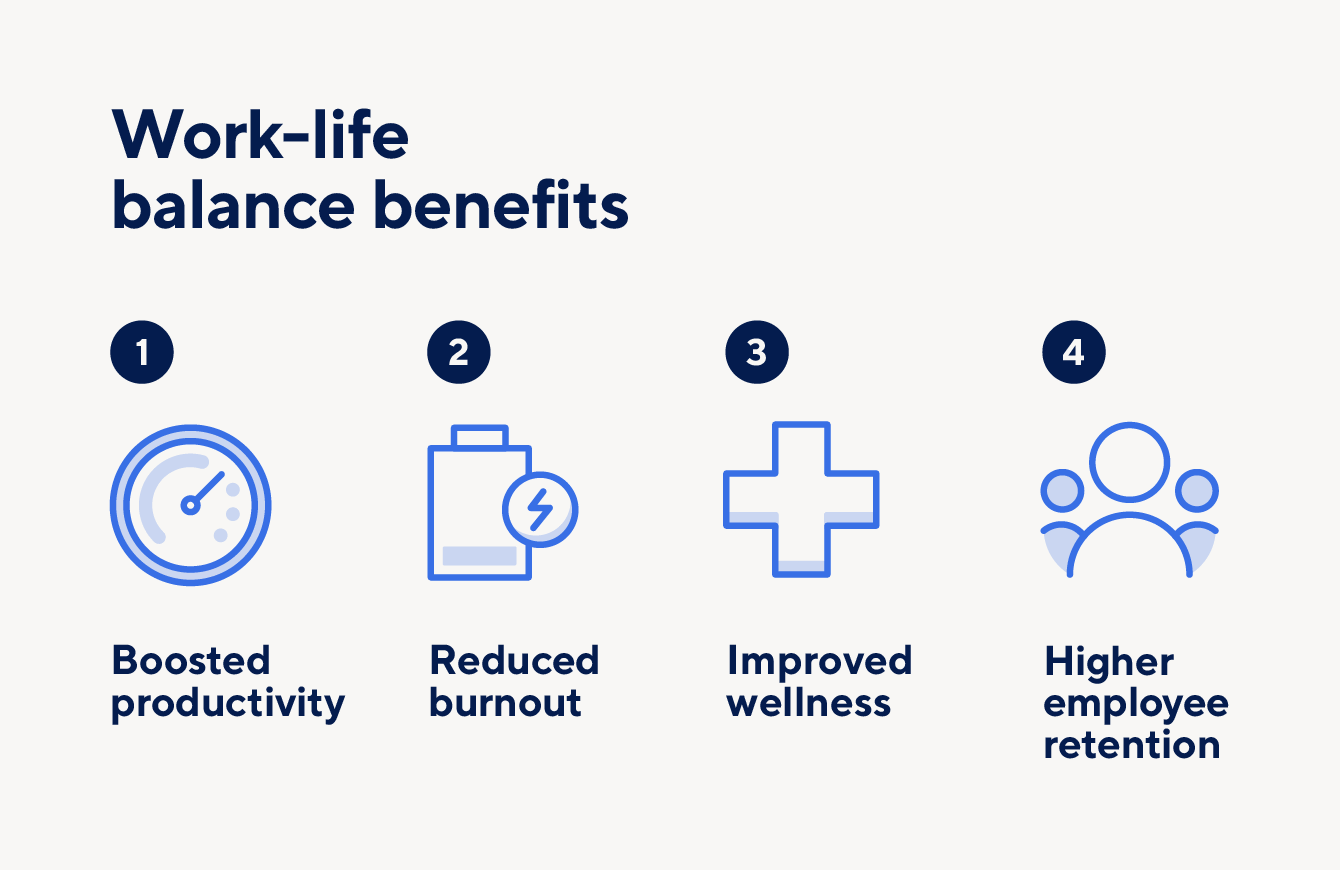Exercise is often celebrated for its physical benefits, such as improved cardiovascular health, weight management, and increased strength. However, an equally important aspect of regular physical activity is its profound impact on mental health. In this post, we’ll explore the intricate link between exercise and mental well-being and how movement can significantly boost mood.
1. Understanding the Science Behind Exercise and Mood
The relationship between exercise and mental health can be attributed to various biological and psychological mechanisms:
- Endorphin Release: Physical activity stimulates the release of endorphins, often referred to as “feel-good” hormones. These natural chemicals can elevate mood and create a sense of euphoria, commonly known as the “runner’s high.”
- Neurotransmitter Regulation: Exercise influences the production of neurotransmitters like serotonin and dopamine, which play a critical role in regulating mood, anxiety, and overall emotional well-being.
- Reduced Inflammation: Regular exercise has anti-inflammatory effects that may reduce symptoms of depression and anxiety, contributing to improved mental health.
2. Exercise as a Natural Antidepressant
Numerous studies have demonstrated that exercise can be as effective as antidepressant medications for some individuals:
- Therapeutic Effects: Exercise can help alleviate symptoms of depression and anxiety, making it a valuable part of a comprehensive treatment plan for mental health conditions.
- Long-Term Benefits: Regular physical activity is associated with lower rates of depression and anxiety over time, highlighting its role in long-term mental wellness.
3. Stress Reduction and Improved Resilience
Exercise acts as a powerful stress reliever:
- Cortisol Regulation: Physical activity can help lower levels of cortisol, a hormone produced during stress. Lower cortisol levels can lead to improved feelings of calmness and relaxation.
- Enhanced Coping Mechanisms: Engaging in regular exercise can enhance resilience and coping strategies, making it easier to navigate life’s challenges and stressors.

4. Boosting Self-Esteem and Confidence
The effects of exercise extend beyond mood improvement to boost self-esteem:
- Achievement and Goal Setting: Setting and achieving fitness goals can enhance feelings of accomplishment and self-worth.
- Body Image Improvements: Regular exercise can lead to better body composition and physical health, fostering a positive body image and increased confidence.
5. Social Connection Through Physical Activity
Exercise often provides opportunities for social interaction, which is essential for mental well-being:
- Community and Support: Participating in group classes, sports teams, or walking clubs fosters a sense of belonging and support, which can alleviate feelings of loneliness and isolation.
- Motivation and Accountability: Exercising with friends or family can enhance motivation, making it easier to stick to a routine.
6. Creating a Sustainable Exercise Routine for Mental Health
To reap the mental health benefits of exercise, it’s essential to create a sustainable routine. Here are some tips to get started:
- Find Activities You Enjoy: Whether it’s dancing, hiking, swimming, or yoga, engaging in activities you love will make exercise feel less like a chore.
- Start Small: If you’re new to exercise, begin with short sessions (10-15 minutes) and gradually increase duration and intensity.
- Make It a Habit: Consistency is key. Try to incorporate physical activity into your daily routine, even if it’s just a short walk.
- Mix It Up: Varying your activities can keep things interesting and prevent boredom, helping you stay committed.
7. Mindfulness and Exercise
Combining mindfulness practices with physical activity can enhance the mental health benefits:
- Mindful Movement: Engage in activities that encourage mindfulness, such as yoga or tai chi, which focus on breath, movement, and present-moment awareness.
- Nature Walks: Walking in nature can amplify the mood-boosting effects of exercise, as the natural environment promotes relaxation and reduces stress.
Conclusion
The link between exercise and mental health is undeniable. Regular physical activity not only boosts mood but also serves as a natural remedy for stress, anxiety, and depression. By incorporating exercise into your daily routine, you can improve your overall mental well-being, build resilience, and foster a sense of connection with yourself and others. So, lace up your sneakers, get moving, and embrace the incredible benefits of exercise for your mind and body!




